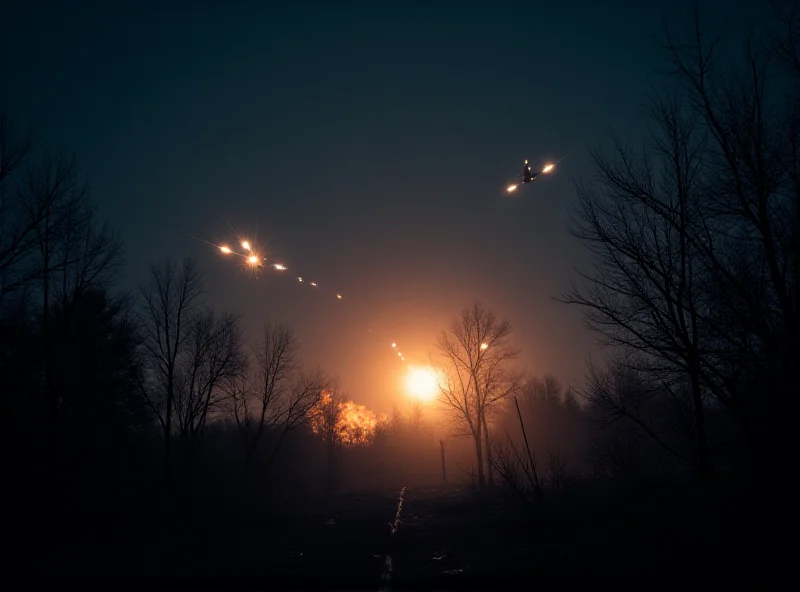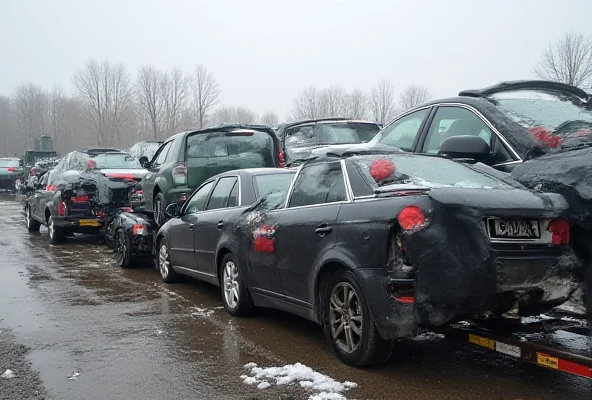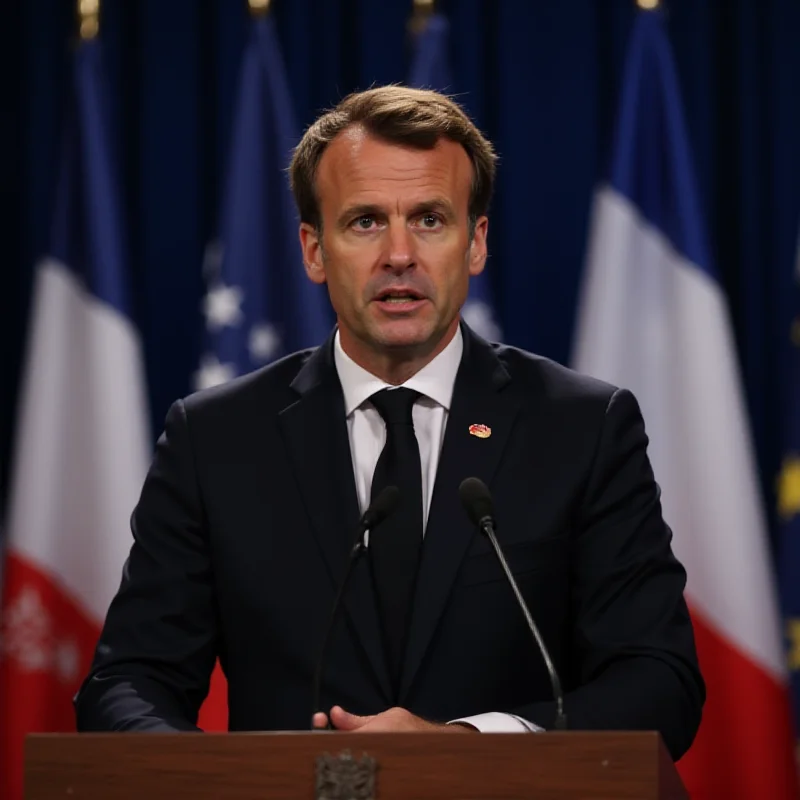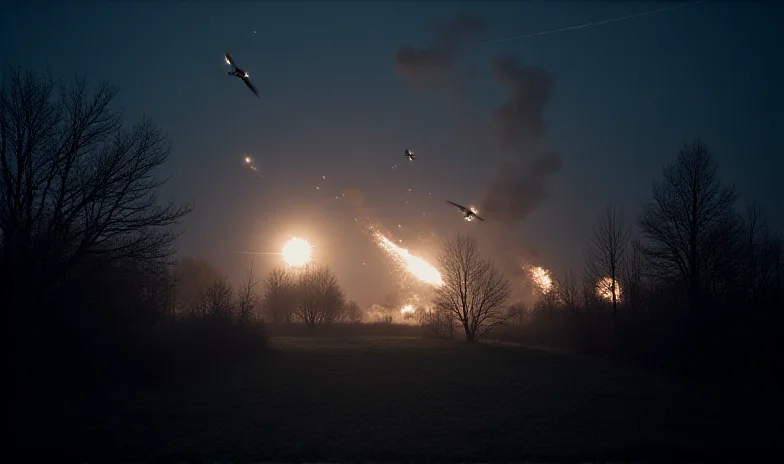Ukraine is facing a multi-pronged attack from Russia, with a surge in drone strikes and missile attacks targeting civilian areas. The international community is responding in various ways, highlighting the complexity and urgency of the situation.
Drone Attacks Intensify
Overnight, Ukraine was subjected to a barrage of 208 drones launched by the Russian army. Ukrainian air defense systems managed to neutralize 107 of these drones, but the sheer volume of the attack underscores the ongoing threat. These attacks are not just military maneuvers; they are impacting civilian life and infrastructure across the country.

The relentless drone attacks are putting immense pressure on Ukrainian air defenses and creating a constant state of alert for civilians. The effectiveness of the Ukrainian defense systems is crucial for protecting vital infrastructure and minimizing casualties.
Missile Strike Hits Zelenskyy's Hometown
In a particularly troubling development, a Russian missile strike targeted Kryvyi Rih, the hometown of Ukrainian President Volodymyr Zelenskyy. The attack resulted in three fatalities, bringing the conflict uncomfortably close to the Ukrainian leadership. This act underscores the deliberate targeting of key locations within Ukraine.
The attack on Kryvyi Rih serves as a stark reminder of the human cost of the conflict. "Every missile strike brings devastation and loss," said a local resident, speaking on condition of anonymity. "We are living in constant fear."
International Response: From Cars to Nuclear Deterrents
The international community is responding to the crisis in diverse ways. Latvia has decided to donate 31 cars, confiscated from drunk drivers, to Ukraine. This unusual form of aid provides much-needed vehicles for various purposes within the war-torn country.  Meanwhile, Irish Prime Minister Micheál Martin has stated that Ireland will not engage in military operations in Ukraine, but will support UN peacekeeping missions, emphasizing the difference between deterrence and peacekeeping assistance.
Meanwhile, Irish Prime Minister Micheál Martin has stated that Ireland will not engage in military operations in Ukraine, but will support UN peacekeeping missions, emphasizing the difference between deterrence and peacekeeping assistance.
However, the most significant development comes from France, where President Macron is reportedly considering using France's nuclear deterrent to protect Europe amid rising Russian threats. This drastic measure highlights the escalating tensions and the potential for a wider conflict. "Russia is a threat," Macron stated, signaling a shift in strategic thinking.

The situation remains highly volatile, with Ukraine facing ongoing attacks and the international community grappling with how to respond effectively. The potential for escalation is ever-present, and the future of the region hangs in the balance.
